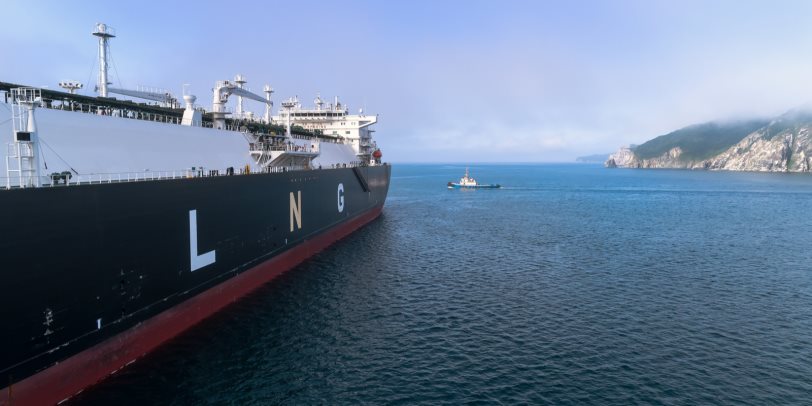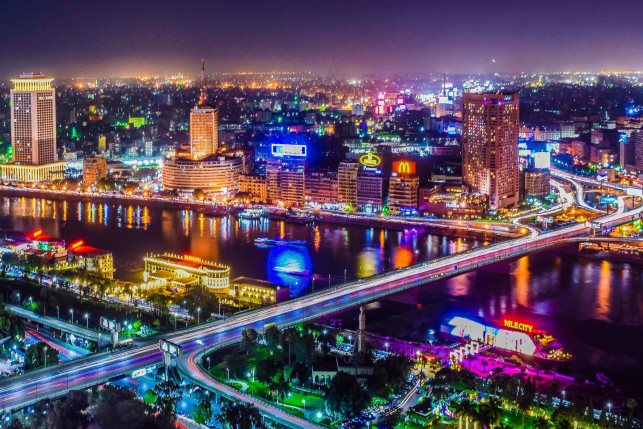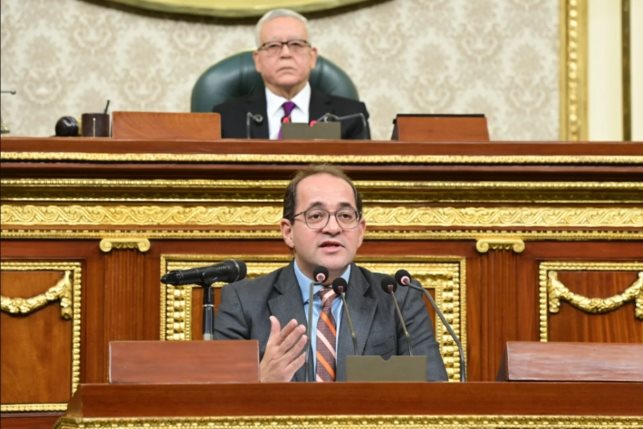Egypt to receive 2 LNG shipments within 10 days to ensure energy stability
These 2 shipments are expected to arrive within the next 10 days.

The Egyptian Ministry of Petroleum and Mineral Resources will soon receive two shipments of liquefied natural gas (LNG) at the Port of Sokhna. Each shipment has a capacity of approximately 145,000 tonnes, according to a government official who spoke to Al Arabiya Business.
These 2 shipments are expected to arrive within the next 10 days.
These shipments are in addition to the LNG deliveries that have already been received by the Egyptian Natural Gas Holding Company (EGAS).
EGAS has already processed and integrated LNG shipments totaling around 213,000 tonnes into the national gas network.
In July 2024, EGAS received two LNG shipments with a combined capacity of 143,000 tonnes, and an additional shipment of 70,000 tonnes.
The latter was transported on the Hoegh Galleon vessel, which the Egyptian government contracted for importing LNG. With these new shipments, the total imported LNG now amounts to approximately 213,000 tonnes.
The incoming LNG shipments are directed to the Port of Ain Sokhna, where they undergo regasification and are pumped into the national gas network. The gas is then distributed between power stations and the industrial sector in varying proportions.
In addition to the LNG shipments, the Port of Ain Sokhna also received a shipment of liquefied petroleum gas (LPG) last weekend. This LPG, which consists of butane and propane and is produced in refineries, arrived on a Liberian-flagged ship and is currently being unloaded at the oil docks in the Ain Sokhna area.
To ensure uninterrupted gas supply during the summer, the Egyptian government allocated an additional $1.18 billion in June for LNG and mazut shipments. This investment aims to prevent any power outages caused by fuel shortages.





